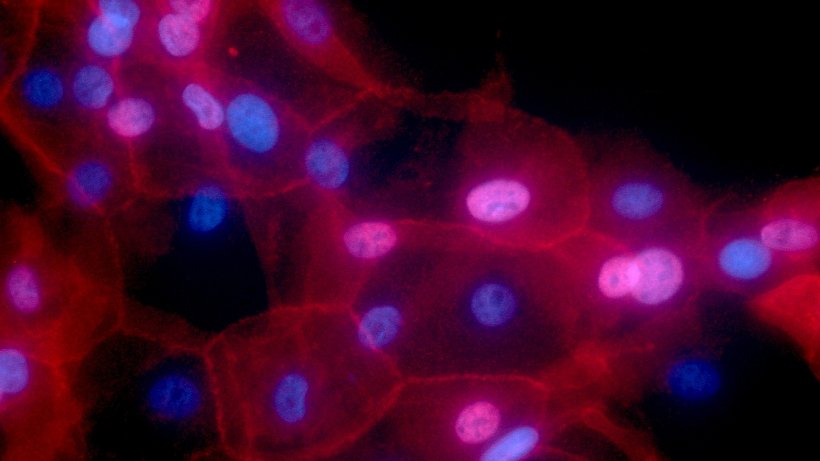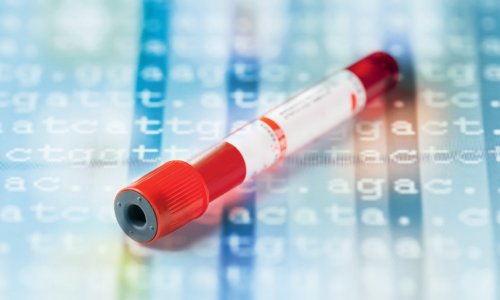
Image source: National Cancer Institute / Georgetown Lombardi Comprehensive Cancer Center
News • Draft guidance
FDA: Include male breast cancer patients in trials
In its latest draft guidance, the U.S. Food and Drug Administration (FDA) encourages inclusion of males in breast cancer clinical trials.
Many therapies are only approved for women and further data may be necessary to support labeling indications for men
Richard Pazdur
Historically, males either have not been included in clinical trials for drugs to treat breast cancer or inclusion of males in those trials has been very limited; when finalized, the draft guidance will provide clarity for industry regarding clinical development of drugs to treat breast cancer in male patients.
“Less than one percent of all breast cancer cases occur in men, but men are more likely to be diagnosed at an older age and have a more advanced stage of disease. As breast cancer in men is rare, they have typically not been included in clinical trials for breast cancer treatment. This has led to a lack of data, so their treatment is generally based upon studies and data collected in women. While some FDA-approved treatments are gender-neutral in their indication, many therapies are only approved for women and further data may be necessary to support labeling indications for men. Today we issued a draft guidance encouraging the inclusion of male patients in breast cancer clinical trials. When finalized, the recommendations in the draft guidance will provide clarity for industry regarding how additional data to support efficacy and safety for male patients with breast cancer can be generated through a variety of trial designs using different data sources, including studies using real-world data,” said Richard Pazdur, M.D., director of the FDA’s Oncology Center of Excellence and acting director of the Office of Hematology and Oncology Products in the FDA’s Center for Drug Evaluation and Research.
Recommended article

News • Fact-checking
Inherited cancer and genetic testing - looking beyond the myths
Cancer is a genetic disease caused by abnormal changes over time to genes that control cell function, typically starting in a single cell (an acquired mutation) and often not linked to an inherited genetic mutation. In other words, most cancers happen by chance. Only about 5 to 10 percent of cancers are due to an inherited genetic mutation, says Monique Lubaton, MGC, CGC, cancer genetic counselor…
“We hope that the recommendations in the draft guidance issued today will, when finalized, encourage drug development for the treatment of male breast cancer and ultimately, provide additional FDA-approved treatment options for patients.”
Source: U.S. Food and Drug Administration (FDA)
27.08.2019











